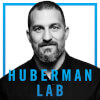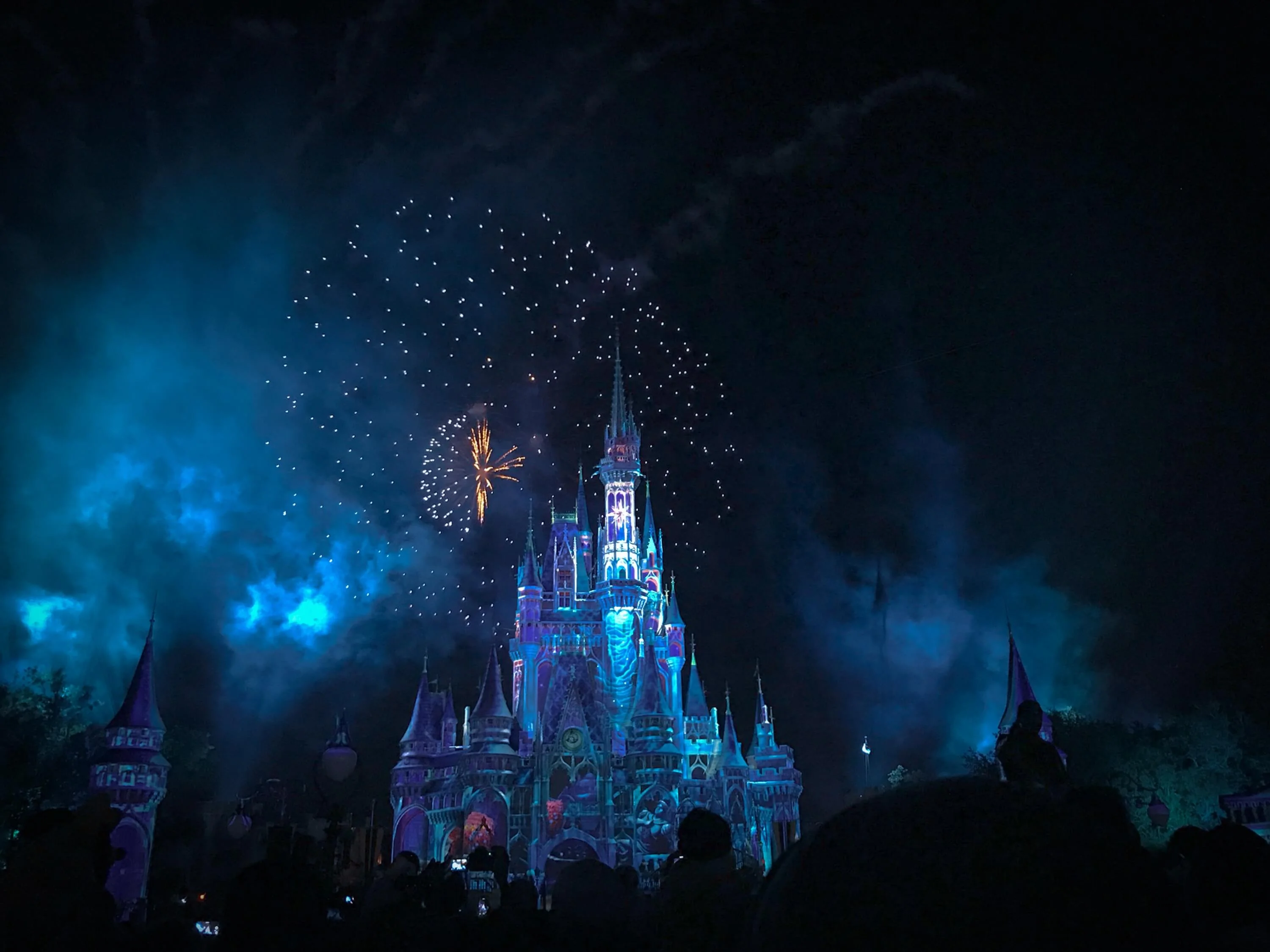

Get Started Free
How to Learn Skills Faster | Episode 20
109 Min
Podcast
4 Favorites

Andrew Huberman, Ph.D.
This episode I discuss the science and practice of learning physical skills: what it involves at a biological level, and what to focus on during skill learning at each stage to maximize learning speed and depth. I also describe what to do immediately after a training session (note: this is different than the optimal protocol for cognitive skill training) and as you progress to more advanced levels of performance. I also cover the science of skill-based visualization which does have benefits, but only if done correctly and at the correct times. I discuss auto-replay of skill learning in the brain during sleep and the value of adding in post-training ‘deliberately idle’ sessions. I cover how to immediately improve limb-range-of-motion by leveraging cerebellum function, error generation, optimal repetition numbers for learning and more. As always, scientific mechanism, peer-reviewed studies and science-based protocols are discussed. Thank you to our sponsors AG1 (Athletic Greens): https://athleticgreens.com/huberman InsideTracker: https://insidetracker.com/huberman Thesis: https://takethesis.com/huberman Supplements from Momentous https://www.livemomentous.com/huberman For the full show notes, visit hubermanlab.com Timestamps (00:00:00) Introduction (00:06:28) Skill Acquisition: Mental & Physical (00:08:40) Clarification About Cold, Heat & Caffeine (00:12:45) Tool: How To Quickly Eliminate the Side-Stitch ‘Cramp’ & BoostHRV Entrainment (00:16:08) Physical Skills: Open-Loop Versus Closed-Loop (00:18:50) Three Key Components To Any Skill (00:21:00) Sources of Control for Movement: 1) CPGs Govern Rhythmic Learned Behavior (00:23:30) Upper Motor Neurons for Deliberate Movement & Learning (00:25:00) Lower Motor Neurons Control Action Execution (00:25:26) What To Focus On While Learning (00:27:10) The Reality of Skill Learning & the 10,000 Hours Myth (00:28:30) Repetitions & The Super Mario Effect: Error Signals vs. Error Signals + Punishment (00:34:00) Learning To Win, Every Time (00:39:26) Errors Solve the Problem of What Focus On While Trying to Learn Skills (00:43:00) Why Increasing Baseline Levels of Dopamine Prior To Learning Is Bad (00:44:40) The Framing Effect (& Protocol Defined) (00:46:10) A Note & Warning To Coaches (00:48:30) What To Do Immediately After Your Physical Skill Learning Practice (00:53:48) Leveraging Uncertainty (00:56:59) What to Pay Attention To While Striving To Improve (01:04:45) Protocol Synthesis Part One (01:07:10) Super-Slow-Motion Learning Training: Only Useful After Some Proficiency Is Attained (01:11:06) How To Move From Intermediate To Advanced Skill Execution faster: Metronomes (01:16:44) Increasing Speed Even If It Means More Errors: Training Central Pattern Generators (01:19:12) Integrated Learning: Leveraging Your Cerebellum (“Mini-Brain”) (01:22:02) Protocol For Increasing Limb Range of Motion, Immediately (01:28:30) Visualization/Mental Rehearsal: How To Do It Correctly (01:33:50) Results From 15 Minutes Per Day, 5 Days Per Week Visualization (vs. Actual Training) (01:35:34) Imagining Something Is Very Different Than Actually Experiencing It (01:37:58) Cadence Training & Learning “Carryover” (01:39:00) Ingestible Compounds That Support Skill Learning: Motivation, Repetitions, Alpha-GPC (01:43:39) Summary & Sequencing Tools: Reps, Fails, Idle Time, Sleep, Metronome, Visualization (01:46:20) Density Training: Comparing Ultradian- & Non-Ultradian Training Sessions (01:49:24) Cost-Free Ways to Support Us, Sponsors & Alternate Channels, Closing Remarks Title Card Photo Credit: Mike Blabac Disclaimer
Explore Aura




